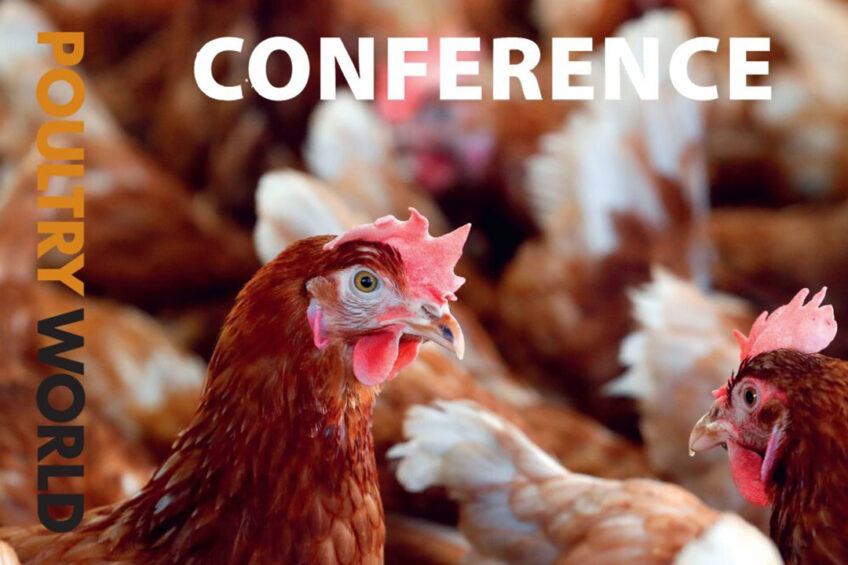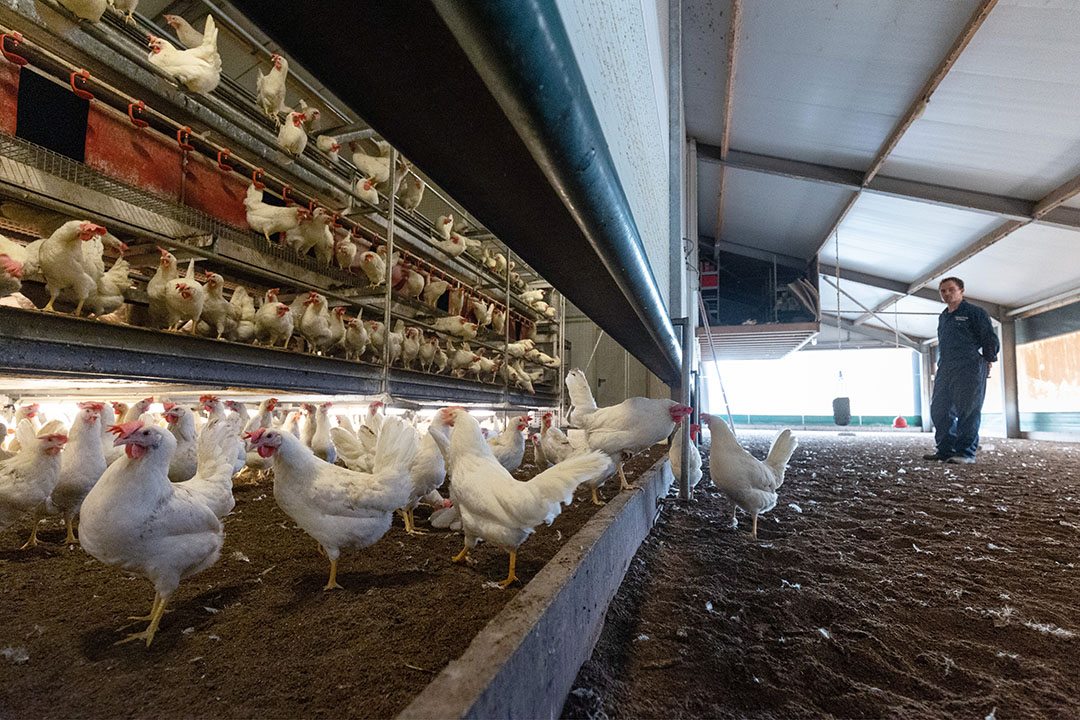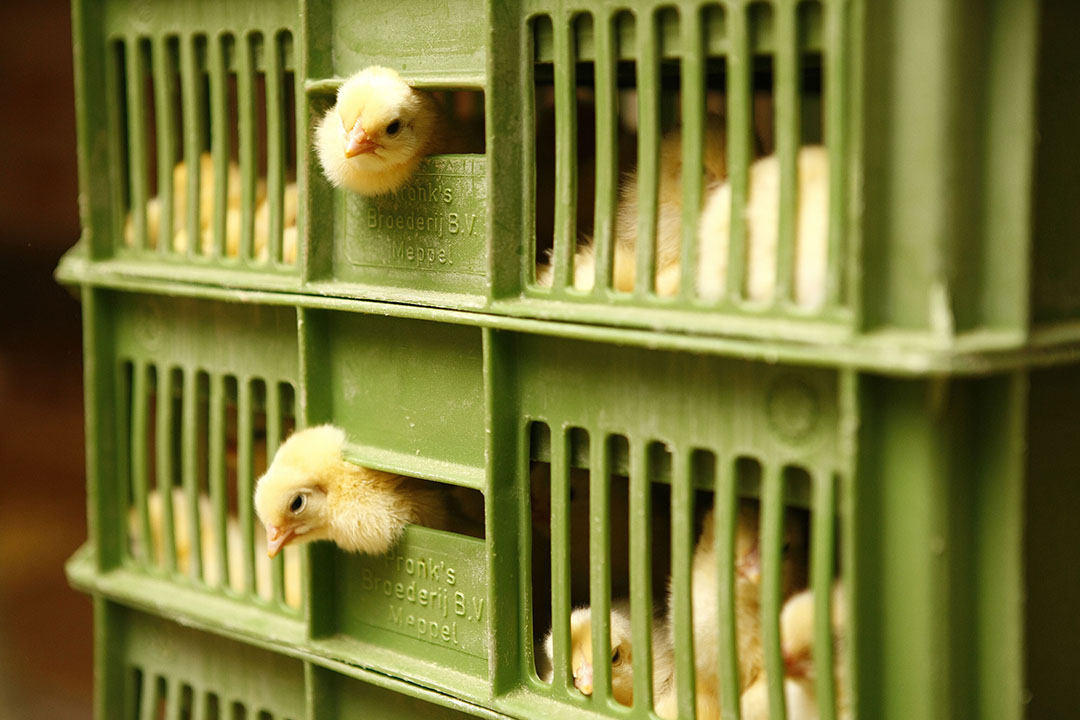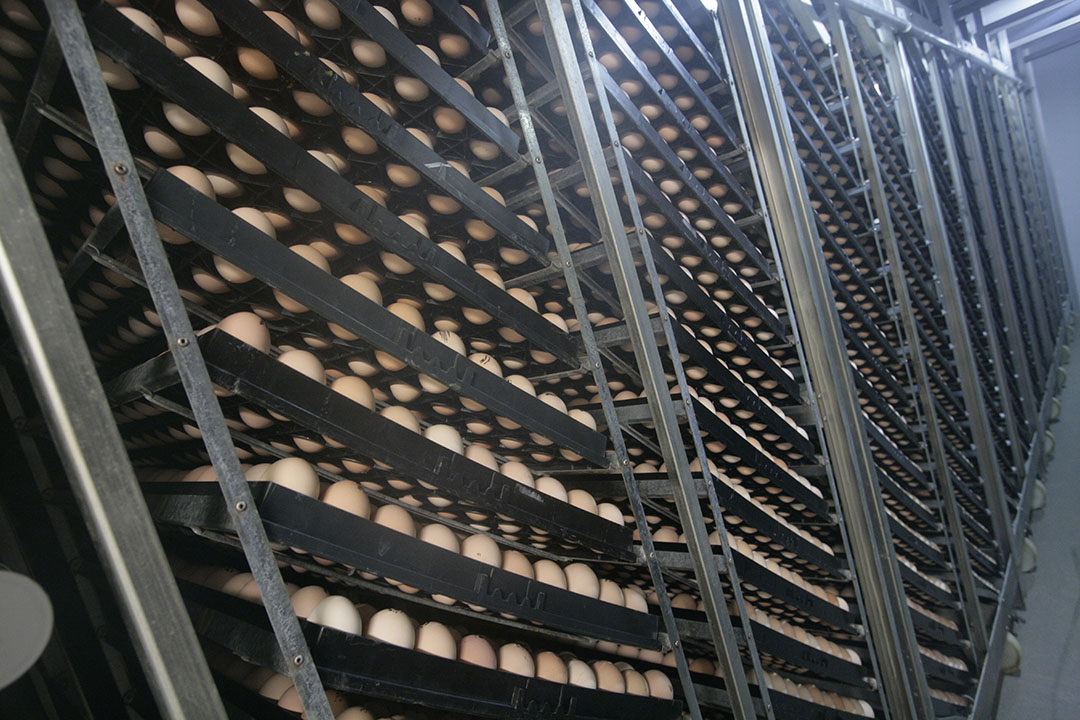Poultry World edition 4 of 2022 is now online

This 4th edition of Poultry World highlights the cost pressures on egg producers and the role of betaine in broiler meat quality. We explore how to sustain broiler feed intake at high stocking densities and speak to Saskia Korink, CEO of Trouw Nutrition, about seeking balance between agriculture and the planet.
Interview: Saskia Korink, CEO Trouw Nutrition
Saskia Korink has been the CEO of Trouw Nutrition, which is headquartered in the Netherlands, since 2020. In an interview, Korink speaks about the company’s strategy, sustainability, the effect of Covid-19 on the business, expectations for what is ahead, and more.
UK flock reduction on the cards after ‘perfect storm’ hits producers
British Egg Industry Council chief executive, Mark Williams, said during the UK Pig & Poultry Fair and Conference that cost pressures on egg producers had to be addressed. He added that there could be significant changes in the way birds are reared due to retailers moving to stop using eggs from enriched cages by 2025.
Comprehensive biosecurity programme as a prerequisite
Broiler breeder producers are at the beginning of the food production chain and are responsible to keep their flocks healthy. This serves as a strong foundation for food throughout the entire production chain. Detailed and rigid biosecurity programmes are essential to achieve this, and must consider a farm’s location, a sanitary gate, people, vehicles and materials, food and water quality, house access, internal practices, and hygiene.
Shift to cage-free in EU continues
Due to legislative pressure and the weight of public opinion, poultry farms are steadily shifting to non-cage systems.

Sustaining broiler feed intake at high stocking densities
There has been a trend towards increased stocking densities over the past 20 years or so, but when broilers reach about 1.650 kg, reduced feed intake is often caused by limited access to feeders. Here we consider the role of diet nutrient density, pellet quality and lighting programmes to sustain feed intake – or rather nutrient intake – at higher stocking densities.
Improving bird welfare during transit
The transport of birds and other livestock is under scrutiny and new technologies are being applied to substantially improve welfare. This article considers the Transport Genie trailer, a real-time environmental sensor technology platform for livestock trailers to monitor trailer environmental conditions and adjust conditions.

Sprayed pheromone on eggshells before hatch relieves chicks’ stress
The stresses that day-old chicks could be exposed to from hatching to placement can impact productivity and performance of the flock. A synthetic analogue of a mother-hen odorant secretion has shown its potential in reducing stress-related reactions in chickens, as well as influencing behaviour. Could its industrial application help enhance bird welfare?
Improving broiler meat quality with betaine
Various nutritional strategies are being tested to improve the quality of broiler meat. Betaine plays an important role in regulating the osmotic balance, nutrient metabolism and antioxidant capacity of broilers, thereby improving meat quality.
Effect of incubation conditions on broiler lameness
Bone formation in chickens begins with cartilage formation during embryonic days 4-7, and so the incubation process is essential for optimum bone development. What is the impact of incubation temperature and duration on bone quality and later life leg health in broilers?

Early feed access may be used to improve growth performance
This article looks at a study in Sweden that evaluated early feed access and algal extract on growth performance, organ development, gut microbiota and vaccine-induced antibody responses.
To access the magazine section, where you will find the 4th edition of Poultry World for 2022 as well as other magazines from specialists in the agriculture industry, simply register for free.













